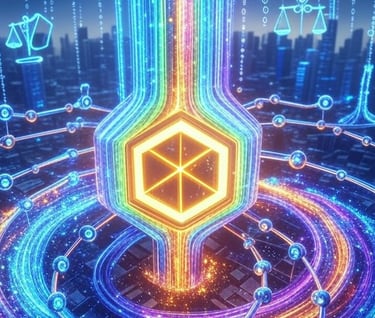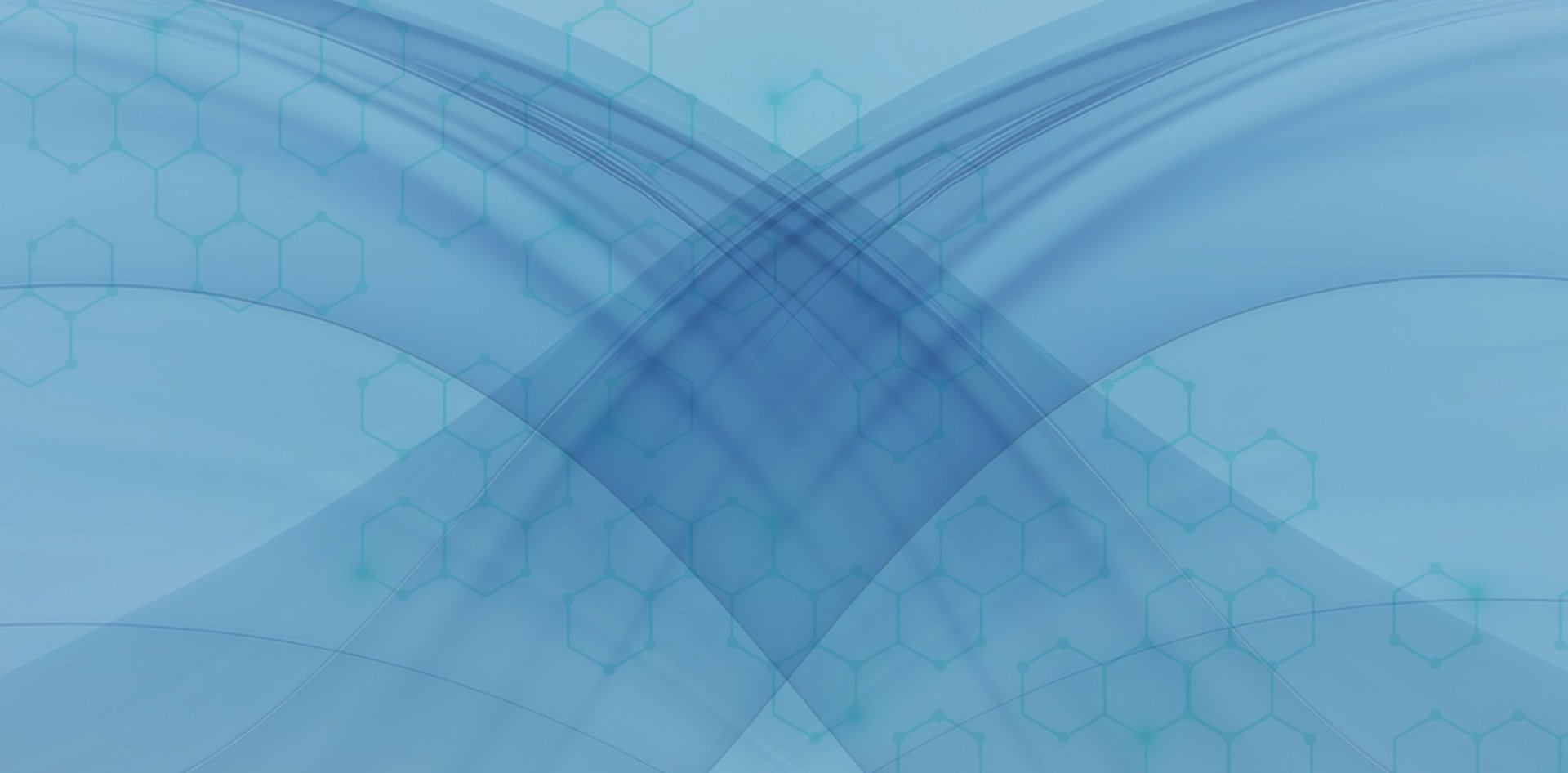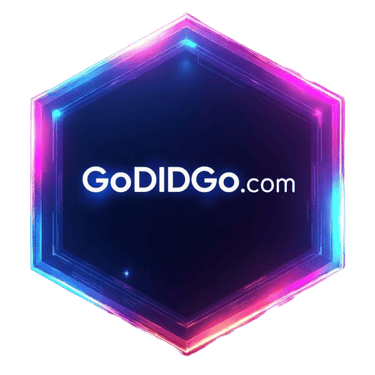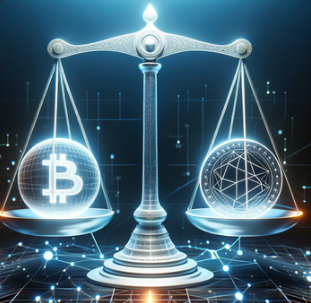The Role of Oracles: How Chainlink and Others Connect Blockchains to the Real World
godidgo.com
11/22/20245 min read


Understanding Oracles in the Blockchain Ecosystem
In the blockchain ecosystem, oracles serve as crucial intermediaries that facilitate the interaction between smart contracts and real-world data. Smart contracts, self-executing contracts with the terms of the agreement directly written into code, often require external information to function as intended. This is where oracles come into play, as they supply the necessary data that can trigger contract execution or influence its parameters.
There are primarily two types of oracles: centralized and decentralized. Centralized oracles rely on a single source of data, which presents a potential point of failure or manipulation. This reliance on one source raises concerns regarding trustworthiness, as the integrity of the information can directly impact the performance of smart contracts. In contrast, decentralized oracles aggregate data from multiple sources, enhancing reliability and reducing the risk of single-point failures. By employing a network of data providers, decentralized oracles can ensure that the information fed into the blockchain is accurate and resistant to tampering.
Oracles can also be categorized based on their data sources as on-chain or off-chain. On-chain oracles operate within the blockchain environment and provide data that directly interacts with the blockchain's consensus mechanism. Off-chain oracles, however, source information from external systems, such as APIs or other data feeds, before relaying it to the blockchain. This flexibility allows for a diverse range of applications across various industries, each demanding unique data input for smart contract execution.
Ultimately, the effectiveness of an oracle system hinges on its security and trustworthiness. As these platforms bridge the gap between real-world data and blockchain, maintaining the integrity and reliability of the data is essential. By ensuring data accuracy and establishing a credible oracle network, the blockchain ecosystem can foster a more robust foundation for decentralized applications and smart contracts.
Chainlink: Pioneering Oracle Technology
Chainlink has emerged as a prominent player in the field of decentralized oracle technology, addressing the critical challenge of connecting blockchain-based smart contracts with real-world data. Established in 2017, Chainlink developed an innovative architecture that facilitates secure interactions between blockchains and off-chain resources, which are integral in ensuring that smart contracts function effectively. The foundation of Chainlink's architecture lies in its decentralized oracle network (DON), which comprises multiple independent node operators. This structure enhances the reliability of data retrieval, as it eliminates the risk associated with relying on a single source of information.
When a smart contract requires real-world data, it generates a request that is broadcast to Chainlink's network. Oracles within the decentralized network respond to the request by retrieving the specified information from various data sources, ensuring an overarching layer of security and reliability. The consensus mechanism among oracles ensures that the information provided is accurate and resistant to manipulation, further solidifying the trustworthiness of the data being fed into smart contracts.
Chainlink's contributions extend beyond its technological framework; the platform has established key partnerships with various leading organizations, which serve to strengthen its position within the blockchain ecosystem. For instance, collaborations with firms like Google Cloud and Oracle have enabled Chainlink to leverage powerful data services, thereby enhancing its oracle capabilities. Real-world applications of Chainlink oracles are widespread, spanning sectors including finance, insurance, and supply chain management. These deployments not only illustrate the versatility of Chainlink’s technology but also underscore its vital role in the growth of secure and efficient smart contracts.
Comparative Analysis of Oracle Solutions
In the rapidly evolving landscape of blockchain technology, oracles play a pivotal role in bridging the gap between decentralized networks and real-world data. Among the leading oracle solutions, Chainlink is often recognized for its robust integration capabilities, but other platforms, such as Band Protocol, API3, and Augur, also present distinctive features that merit comparison.
Chainlink operates on a decentralized network, where numerous independent nodes provide data to smart contracts. This framework enhances reliability by reducing the risk of single points of failure. Chainlink's extensive partnerships with various data providers give it access to a wide range of real-time data feeds, essential for various applications, including finance and insurance.
Conversely, Band Protocol offers a faster alternative with lower latency data processing, primarily targeting the decentralized finance (DeFi) sector. By utilizing a cross-chain approach, Band Protocol aggregates data from several blockchains, which allows it to cater to a diverse set of applications while maintaining efficiency. However, this unique design may introduce challenges in terms of data accuracy and verifiability, necessitating ongoing scrutiny of its data sources.
API3 aims to create a decentralized data provider ecosystem with its innovative model that allows API providers to become oracle nodes themselves. This strategy not only enhances data reliability but also empowers providers by offering them a share of the ecosystem’s success. Despite its promising advantages, API3 faces hurdles regarding mass adoption and addressing the complexities associated with blockchain integration.
In contrast, Augur stands out as a decentralized prediction market platform that leverages a unique oracle mechanism based on crowd-sourced outcomes. While effective for market-related applications, its dependence on user participation raises concerns about potential biases and accuracy, fundamental aspects that every oracle solution must address. Each platform has strengths and weaknesses—ultimately influencing their adoption within specific sectors and use cases.
As the demand for accurate and scalable solutions grows, understanding the distinctions among these platforms is crucial for developers and businesses alike when selecting an oracle solution that best aligns with their needs.
The Future of Oracles and Their Impact on Blockchain Adoption
The future of oracle technology is poised to play a critical role in the evolution of blockchain adoption across various sectors. As decentralized finance (DeFi) continues to grow, oracles will be fundamental in providing the necessary real-time data that smart contracts require to execute automatically. This reliance on accurate and timely information is crucial for the functioning of DeFi protocols, which often involve complex transactions and integrations with external data sources. With advancements in oracle solutions, the DeFi ecosystem can expect enhanced reliability and efficiency, further encouraging broader user engagement.
Additionally, the rise of the Internet of Things (IoT) presents new opportunities for oracles to facilitate interactions between connected devices and blockchain networks. As IoT devices generate vast amounts of data, effective data verification provided by oracles will ensure that blockchain networks can respond accurately to real-world events. This capability not only improves the credibility of the data but also enables automated responses that could eliminate potential human error, thus creating more robust applications across various industries.
However, the future is not without challenges. One of the prevalent issues is data accuracy, which is critical for the trustworthiness of any blockchain application. Oracles must employ mechanisms that verify the integrity of the data being inputted into the blockchain. Furthermore, the dependency on external data sources raises concerns about centralization and the risks related to these sources failing or providing inaccurate data. Regulatory considerations also loom on the horizon, as governments and organizations begin to scrutinize the implications of oracle technology on data privacy and security. Overall, addressing these challenges will be essential for the widespread adoption of oracles and, consequently, blockchains in various sectors.

Get in touch
Feel free to contact us to inquire about any of the Web2/DNS and Web3/Onchain domains showcased on our platform. We are open to receiving proposals and evaluating direct purchase offers for all the digital assets featured.
Our team is also available to explore tailored agreements and negotiated sales, ensuring a smooth and efficient acquisition process that aligns with your specific needs.
Connect with us to amplify your identity across both the Web2/DNS & Web3/Onchain landscape. Together, let's redefine the future of digital identities and brands.
Contact us now to elevate your DIDs & Brands to new heights, because in the world of Go DID Go! your Digital Identity is not just owned; it's celebrated!
Contact Us
info@godidgo.com




